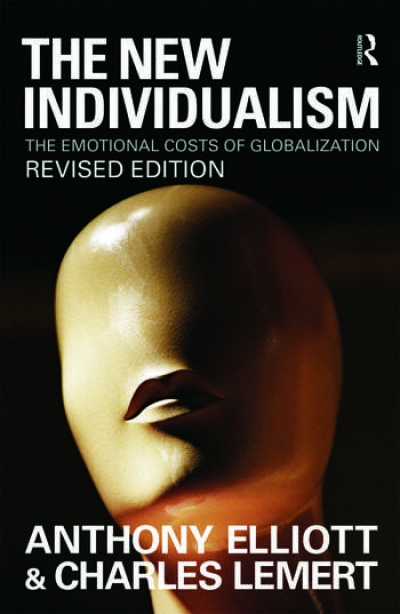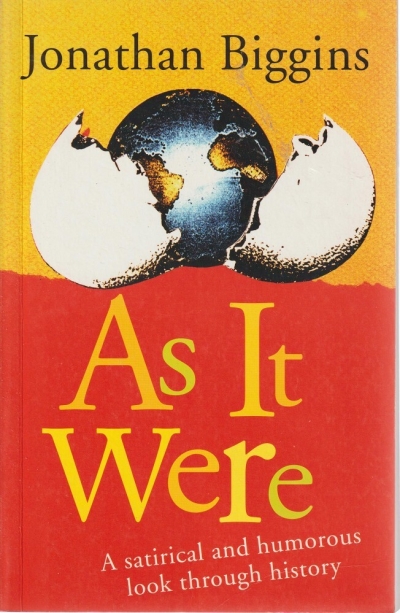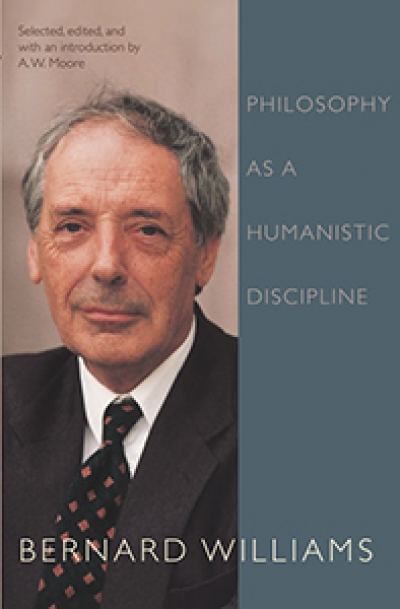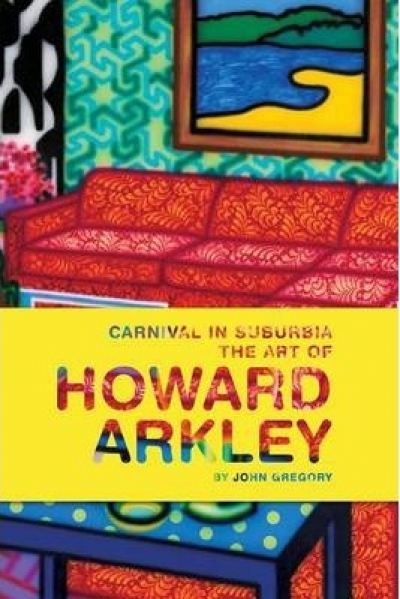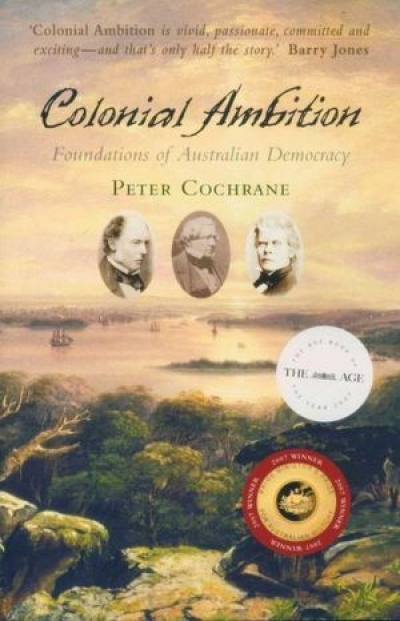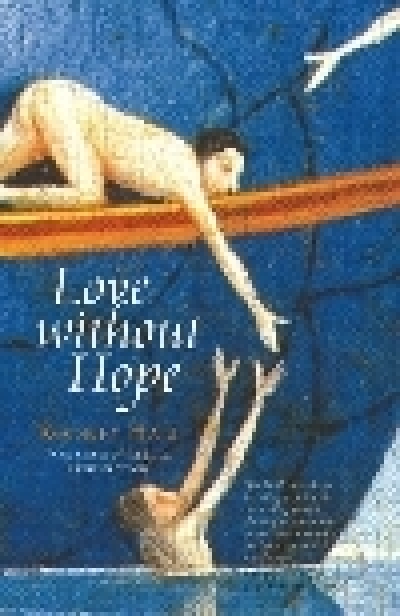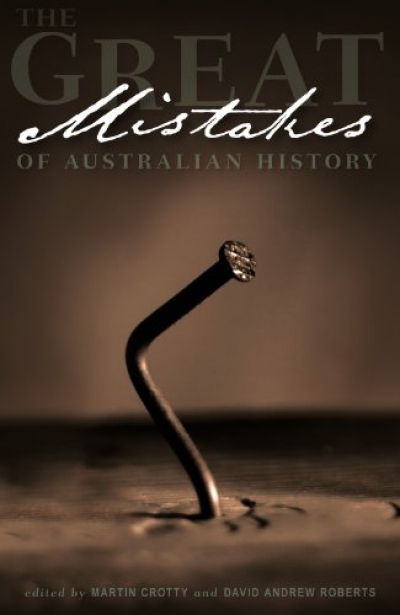Archive
Memory is actually anxious to be heard.
A.F. Davies
What a year, and how lucky we are that our country can only play a timid, cringing, subservient role in Iraq – which is not at all to disparage the soldiers we send there. It must be a bastard of a job for those young men, at the accursed interface.
February 6: We fly to Hobart for our Coles Bay holiday, pick up a car and gradually find Sarah and Gordon’s evasive house on its steep hill. The following morning he starts me off with a long stiff walk over the mountain slopes: easier at his age. But I could eat a horse afterwards, were that required.
... (read more)An innocent replies
Dear Editor,
I agreed with most of Neal Blewett’s stimulating review (‘Innocent abroad’, December 2006–January 2007) of my autobiography, A Thinking Reed. I leave it to others to judge the accuracy of his character analysis and pairing me with Pauline Hanson.
... (read more)
